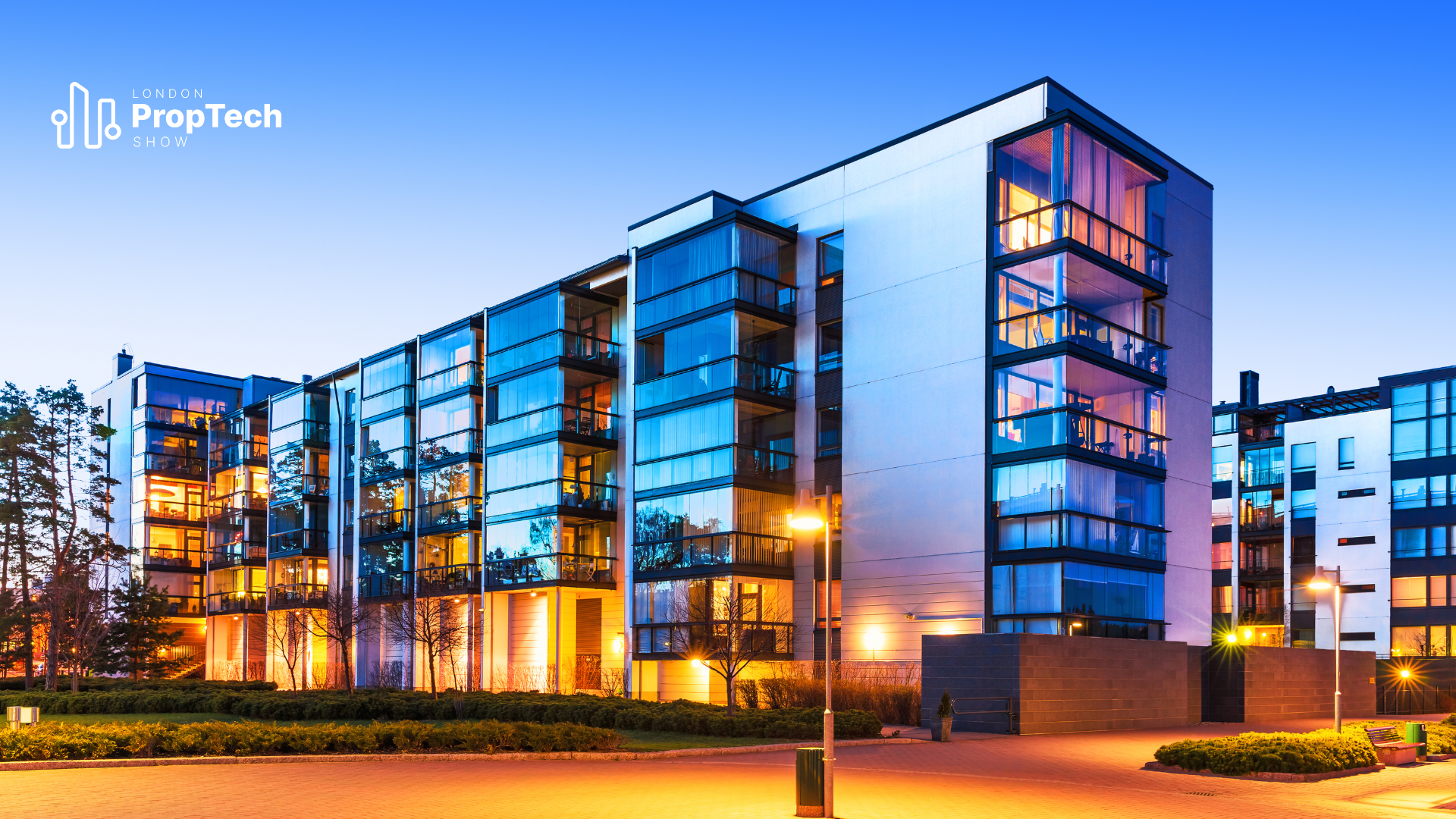In the dynamic realm of commercial real estate, the need for sustainable asset enhancements has never been more critical. With increasing pressure to meet global decarbonisation targets, building owners and investors are seeking innovative methods to upgrade their assets while improving financial returns. JLL’s latest research, Streamline Sustainable Asset Enhancements with AI, shows how Artificial Intelligence (AI) can transform this space, offering a pathway to optimise 65% of tasks related to asset improvement.
Addressing Challenges in Sustainable Asset Enhancements
Sustainable asset enhancements, particularly retrofits, have long been recognised as a means to increase asset value, reduce operational costs, and achieve decarbonisation goals. However, despite their potential to generate 10-40% in energy savings (amounting to $0.49 to $1.94 per square foot), global retrofit rates remain insufficient. According to JLL, retrofit rates must triple to meet the Paris Agreement's net-zero targets by 2050.
Why is progress so slow? JLL’s research identifies three critical barriers:
- High upfront capital requirements, which make securing financing challenging.
- Complex decision-making, requiring investors to assess ROI, timing, and scope across portfolios.
- Data deficiencies, with most projects lacking consistent and usable data from previous retrofits.
AI presents a unique opportunity to overcome these hurdles, offering tools that improve accuracy, reduce costs, and streamline processes at every phase of the asset enhancement lifecycle.
How AI Enhances Key Areas of Asset Improvement
JLL’s research highlights AI’s transformative potential at four strategic points within the asset enhancement process:
- Portfolio Prioritisation: One of the major challenges for building owners and investors is determining which buildings and retrofits will deliver the best return on investment. AI-powered tools can map factors like lease expirations, equipment replacement cycles, and regulatory changes to identify optimal retrofit timing and scope. These tools enable a more systematic, data-driven approach to planning rather than relying on isolated audits.
- Energy Auditing and Modelling: AI can automate energy audits by converting large volumes of data into actionable insights, making it easy for owners to quickly assess building conditions and energy consumption. By integrating AI-driven energy models, stakeholders can simulate various scenarios and develop strategies that deliver cost-effective energy savings.
- Project Execution: During the design and construction phase, AI can streamline scheduling, bulk purchasing, and monitoring processes, reducing waste and controlling costs. For instance, AI-enhanced construction scheduling optimises timelines and resource allocation, while procurement tools allow for more efficient material purchasing and supplier negotiations.
- Data and Communication: Effective communication and data retention are critical in retrofit projects that involve multiple stakeholders. AI-powered solutions such as GenAI and large language models (LLMs) can streamline these workflows by centralising information, making it easier for stakeholders to access real-time data and collaborate across silos.
AI's Role in Achieving ROI and Sustainability Goals
JLL’s research illustrates that by using AI, real estate stakeholders can better navigate the financial uncertainties tied to retrofitting. In fact, AI-driven portfolio prioritisation tools, for example, help investors develop data-backed, cost-effective retrofit strategies that align with both regulatory and sustainability goals. These solutions are essential to future-proofing assets, particularly in light of the growing risk of “brown discount” – the declining value of properties that fail to meet sustainability standards.
Additionally, JLL found that light to medium energy retrofits powered by AI can achieve significant energy savings. When combined with the efficiency of AI-driven project management tools, real estate investors can simultaneously reduce costs and carbon emissions. AI’s ability to create efficiencies across audits, project execution, and communication opens the door to scalable, cost-effective retrofits, accelerating progress towards net-zero emissions.
The Future of Real Estate Asset Enhancements
JLL’s research underscores the profound impact AI can have on real estate asset enhancements. By integrating AI into key processes, building owners and investors can enhance decision-making, reduce operational risks, and improve returns on investment. AI’s contributions will be incremental yet cumulative, resulting in sustainable improvements across portfolios that are not only aligned with decarbonization goals but also future-proofed against market volatility.
With retrofit rates needing to triple and net-zero targets looming, using AI to streamline asset enhancement processes is not just an opportunity but a necessity. JLL’s comprehensive research offers real estate stakeholders a roadmap for success, providing the insights and tools required to harness the full potential of AI.


